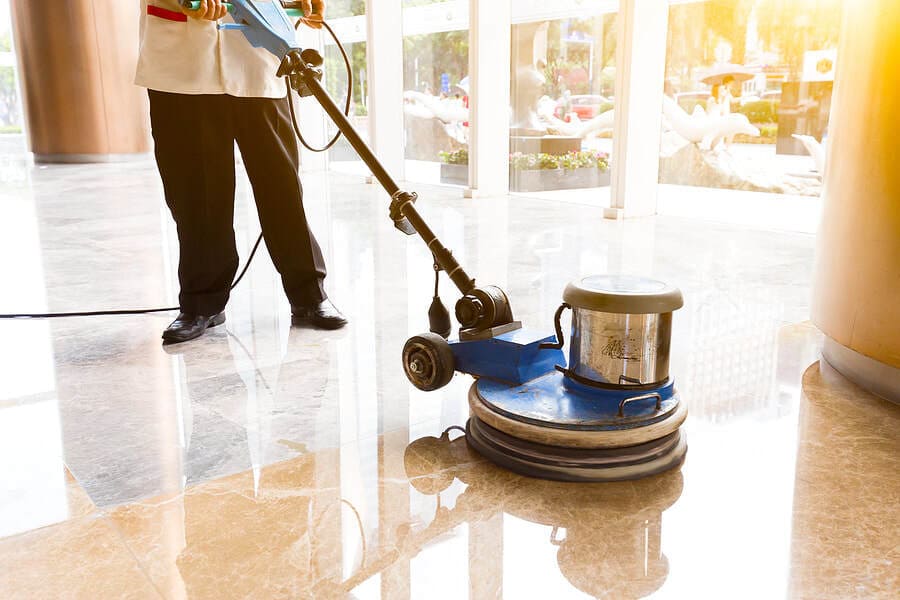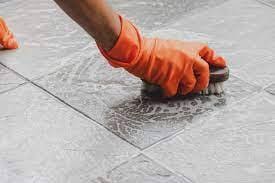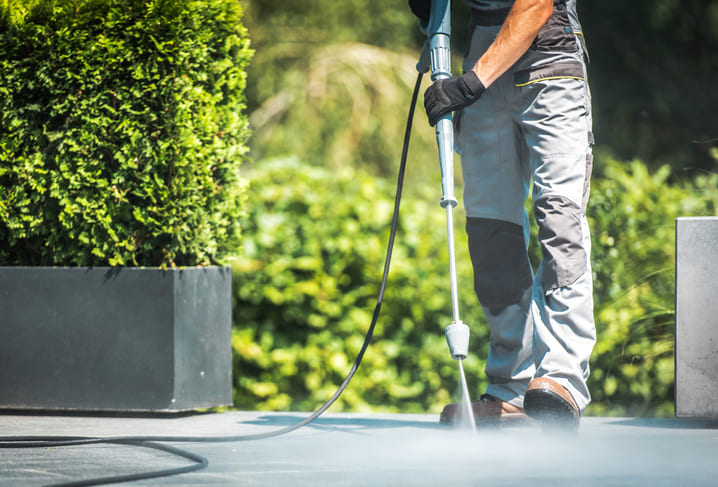Do you want to bring a sense of beauty and timelessness to your living space? Natural stone surfaces are an excellent choice, but they must be properly cared for and maintained to retain their beauty. Whether you have marble, granite, limestone, or slate, each natural stone demands a different approach to care. Don't worry, we've developed a thorough guide on the best techniques for natural stone care. Follow our advice, and your natural stone surfaces will keep their gorgeous appearance and durability for years to come.
1. Understanding Your Stone:
It is important to identify the specific type of natural stone you have before starting the maintenance routine. Different stones have different qualities and therefore require specific cleaning and maintenance procedures. Knowing the type of stone you own can help you take better care of it.
Marble is a type of stone that has a rich appearance but is relatively soft and porous. As a result, it is susceptible to scratching, discoloration, and etching when exposed to acidic chemicals.
Granite, on the other hand, is a hard and durable natural stone that is resistant to stains and scratches. Nonetheless, it still requires regular maintenance to preserve its beauty.
Limestone is a sedimentary rock composed largely of calcium carbonate. When exposed to acidic compounds, it can become discolored and etched.
Slate is a popular, long-lasting stone that requires minimal maintenance and is frequently used for flooring. Although it requires regular cleaning, it is less prone to scratching and discoloration.

2. Natural Stone Care Tips:
Clean Spills Immediately : To prevent spills from soaking into the stone and causing stains, it's important to clean them up immediately. Start by blotting the spill with a paper towel or soft cloth to absorb the liquid. Then, use a stone cleanser that has a balanced pH and mix it with water to clean the affected area. This will ensure that your stone surfaces remain clean and free of stains.
Use Mild Cleaners : For natural stone, use a moderate pH-balanced cleanser. Avoid acidic or abrasive cleansers since they could harm the stone's surface. Also, don't use vinegar, lemon, or other acidic liquids as they can etch the stone.
Regular Dusting and Cleaning : Dust the surface regularly using a dry cloth. For a thorough cleaning, use a soft mop, sponge, stone-safe cleaner, and warm water.
Sealing : Sealing natural stone is necessary to prevent stains and make cleaning easier. Follow the manufacturer's instructions for sealing frequency.
Use Coasters and Trivets : It is advisable to place coasters under glasses and trivets under hot plates to prevent scratches, heat damage, and etching.
Gently Clean Stains : For removing stains, create a paste by mixing equal parts of baking soda and water. Apply the paste to the stained area, cover it with plastic wrap, and leave it for 24-48 hours before cleaning it off.
Remove Residue : Use a soft, wet cloth and a pH-neutral cleanser to remove any residue from toiletries and cosmetics.
Outdoor Stone Care : It's important to regularly clean outdoor natural stone by sweeping and hosing it down, and occasionally using a pressure washer with caution to avoid damaging the stone.
Protect Against Scratches : To prevent scratches on the surface, it's recommended to place felt pads under furniture legs. Avoid dropping heavy objects on the stone surface, as it can cause chips and cracks.
Conclusion:
Caring for natural stone requires time and effort, but the end result is definitely worth it. By adhering to these basic care guidelines, you can ensure that your natural stone surfaces remain attractive and well-maintained for many years to come. If you're unsure about how to clean or maintain your particular type of natural stone, seek advice from a professional stone care expert. With proper upkeep, your natural stone surfaces will continue to be a source of beauty and sophistication in your home or business.




